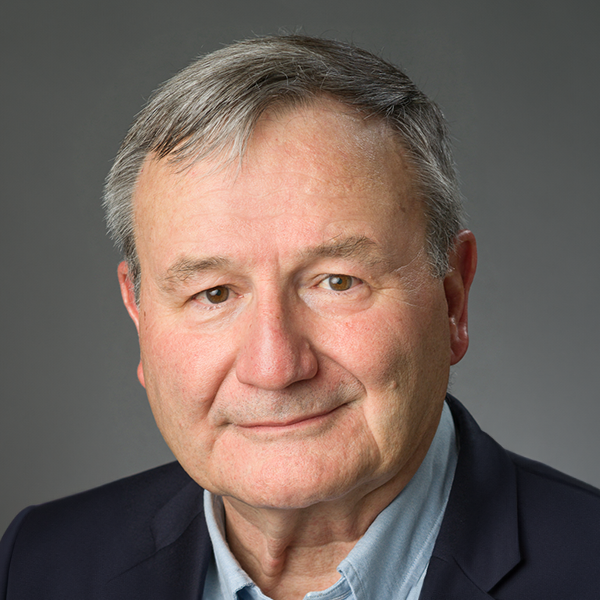Karl Eikenberry

Karl Eikenberry
Professor
Stimson Center, United States
Karl Eikenberry is a Distinguished Senior Fellow at the Stimson Center
Senior Advisor to the United States Institute of Peace and faculty member of Schwarzman College, Tsinghua University.
His almost fours decades of national service culminated as the U.S. Ambassador to Afghanistan from 2009 until 2011. Before appointment as Chief of Mission in Kabul, Ambassador Eikenberry had a thirty-five-year career in the United States Army, retiring in 2009 with the rank of lieutenant general. His military operational posts included commander and staff officer with mechanized, light, airborne, and ranger infantry units in the continental U.S., Hawaii, Korea, Italy, and in Afghanistan as the Commander of the American-led Coalition forces. He held various policy and political-military positions ranging from Deputy Chairman of the North Atlantic Treaty Organization (NATO) Military Committee in Brussels, Belgium
Director for Strategic Planning and Policy for U.S. Pacific Command at Camp Smith, Hawaii
U.S. Security Coordinator and Chief of the Office of Military Cooperation in Kabul, Afghanistan
Senior Country Director for China and Taiwan, Office of the Secretary of Defense and Assistant Army and later Defense Attaché at the United States Embassy in Beijing, China.
After his diplomatic and military career, Ambassador Eikenberry taught at Stanford University and later advised on Saudi Arabia defense transformation planning.
He is a fellow of the American Academy of Arts and Sciences, serves on the boards of the Centre for Humanitarian Dialogue, The Asia Foundation, and American Councils for International Education, and is the Chair of the Alumni Advisory Council of the Regional Studies East Asia Program, Harvard University.
Saturday 13
-
12.20 - 13.00
The Interconnectedness of Euro-Atlantic and Indo-Pacific Regions
Leto Hall | Amalia Hotel
Programming Partner: The North Atlantic Treaty Organization (NATO)
We witness major tectonic shifts in the international order, shifting geopolitics and rise of strategic competition. The security of the Euro-Atlantic and that of the Indo-Pacific is becoming increasingly interlinked. What are the commonalities and challenges facing both regions and where can they seek synergies in tackling shared security challenges?